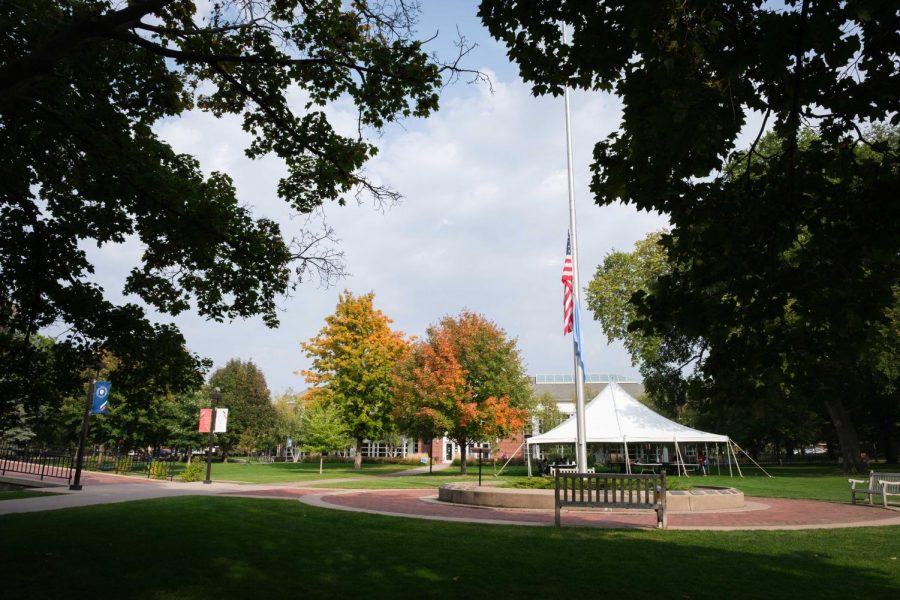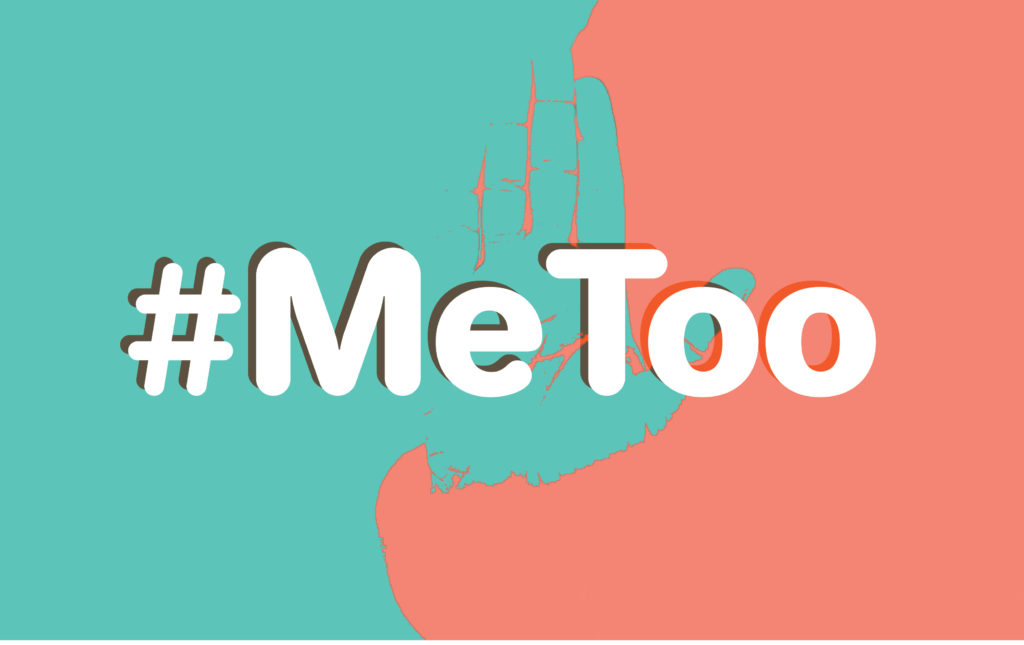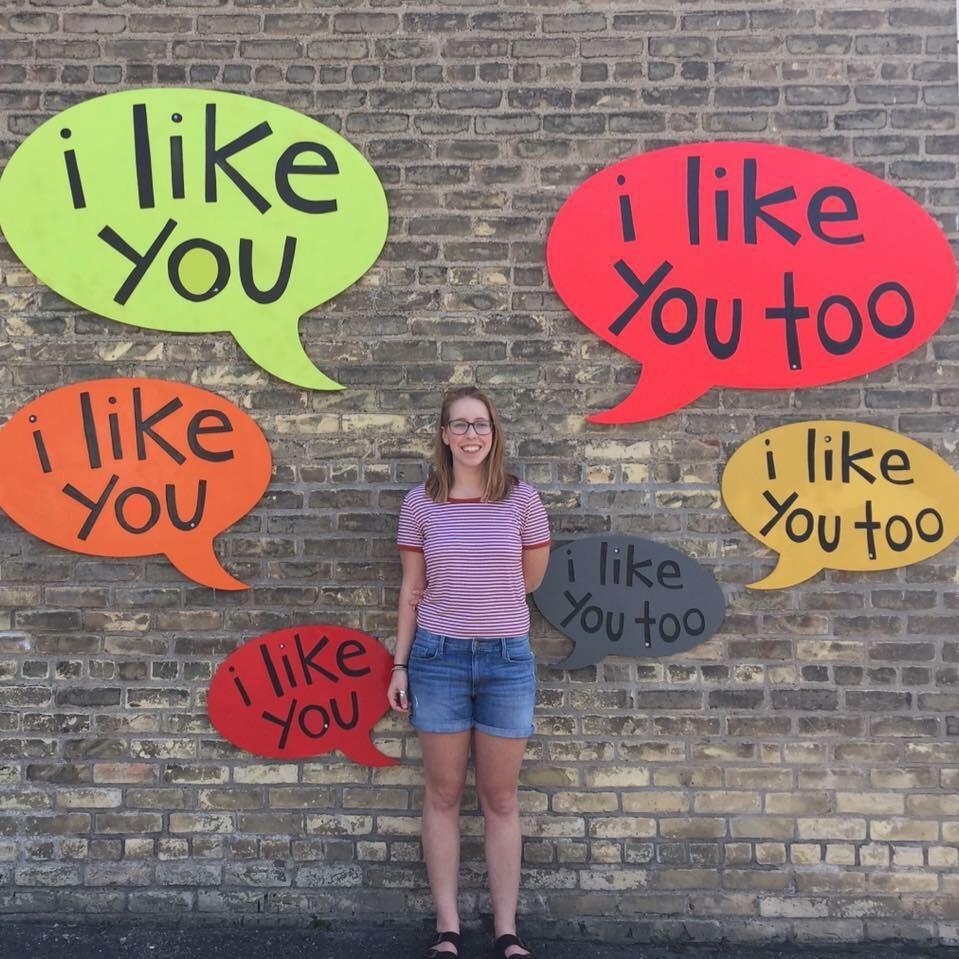As part of various ally and anti-oppression trainings, I have been asked to name my most salient identities. While I always list a series of three or four adjective descriptors, the noun that anchors them all is New Yorker. (If I’m being particularly finicky, NYC-er.) Knowing that there are always stereotypes built into what a geographical “personality” is like, there’s still definitely something that makes me a product of the City: like being snobby about pizza, opinionated about public transportation and outspoken and direct about most things. I always knew I was loyal to my city in a way that others are patriotic to their country, but only until I was confronted with something so new, so unsettling, so foreign to my worldview did I seriously question how I knew to interact with others and how I advocated sex positivity.
That unsettling thing? Minnesota Nice.
Already into the second semester, even a first-year new to the state would now be familiar to the idea. Might be preaching to the choir with this one, but I’ll still summarize: Minnesota Nice is the generalized courteous, mild-mannered behavior associated with Minnesotans (and some Midwesterners) that extends to interactions between friends, family, and strangers alike. The niceness can be things like greeting people you know as you walk by and making small talk with your cashier or the person walking to catch the bus (either way, the weather will always be a topic worth pursuing). It is less about the specific actions, but the back-and-forth acknowledging each other that really matters. Minnesota Nice has a dark underside, however, as it can hide passive-aggression beneath a veneer of politeness only so thick.
This particular brand of niceness was—and in many ways, still is—a shock to confront having been socialized in a New York climate. It is not that New Yorkers are rude; we just have generally been socialized to show respect, acknowledgment, and politeness that to a non-native might seem rude. Using one of the situations I already listed, I was taught to be quick at a cashier; that unless you are a longtime customer at a place, making small talk is impolite to both the cashier and the people waiting behind me because I would be holding the line up. While that attitude would fly back home, I was suddenly extremely rude as a transplant to St. Paul, and I had to adjust quickly while not losing all that I prided in myself as a New Yorker.
Because I was curious how other transplants to Minnesota have responded, I invited Alvin Kim, ’14, to discuss how different socializations based on geographic region have an impact on how we engage in intimate relationships. What he and I agree on is an unsettling realization that it’s not like back home before a period of self-reflexive adjustment.
“Growing up in the South,” he wrote, “my ideas of intimacy, consent, romance and sex-centered on the importance of courting and etiquette. There were never examples of non-heterosexual couples to begin with, so some rules seemed difficult to project onto my own understandings of romance. For years, I always opened doors for people, pulled out chairs for women, waited until women sat down at the dinner table, only held out my hand if a woman offered first, etc. I learned quickly here in Minnesota that not all of these motions were appropriate or really all that kind (oh benevolent patriarchy, it can be so deceiving at first).
“Similarly, I realized that dating was a completely different ball game. What can often be perceived as conventional and in some cases obligatory in the South just comes off as creepy in other places. Like buying flowers for a first date, getting dressed up, picking them up and walking them back to their place, calling instead of texting. I learned that Minnesota Nice is really different from Southern Dating Hospitality. Growing up I also thought that sex on a first date was inappropriate, but then again I also thought two men having sex or any sort of sex before marriage was inappropriate so I was pretty willing to part with this rule when I came out.
“Now there are parts of my Southern intimacy learning that I try to hold on to—like asking before acting and exercising some manners regardless of a person’s gender—but some things I’ve learned to let go unless I’m back in Tennessee.”
Learning what to hold onto and what to let go: this, I think, is at the heart of what it means to be immersed in a socialization—a culture—unlike yours. Experiencing difference of this magnitude can be an important moment of self-reflection. Sometimes you have to give up a lot, especially if what you discover your practices uphold oppression or silences to other people.
Turning back to Minnesota Nice, it was through Nice that I realized that there was still a lot I could be doing to improve my own politics of sex positivity. Even after covering the basic grounds of adjustment to St. Paul, an interaction with Midwestern friends brought up not only how much I had to learn about this Niceness and about consent. I had offered a treat to these friends, knowing they enjoyed it as much as I did. They said no, so I shrugged and went along eating. Judging by their reactions, I could tell they did want some, and after asking again, it turns out that they did. Through the following conversation, I learned then about the unspoken “offer three times, say no twice” ritual within Minnesota Nice. Apparently, it’s viewed as polite to refuse at first, which is why the person offering has to ask a few times. Everyone still got what they want at the end—if you and everyone involved knew to follow the script.
Seeing as this exchange happened as I started developing my conceptions of rape culture and consent, the thought of a “no” socialized to mean “keep asking” terrified me. While not present in all situations of sexual violence, various forms of domination (like sexism, racism or any working in conjunction) create unsafe moments when even a person’s outright refusal is ignored, sexualized, or intentionally misunderstood as “I say no, but I really want it.” Rapists and perpetrators of assault use scripts supported by media, culture, and politics to justify their violence. For me, fighting rape culture is about finding and building its opposite in consent culture. For me, it meant making sure my yes means yes when I say it, whether the situation is sexual and/or romantic or not; it meant understanding other’s yeses as yeses. It meant that a no is no. It meant standing up when either a yes or no is disrespected.
My views on consent culture, however, play directly into the directness I was socialized to value as a New Yorker. When I say that elements confuse me or trigger my beliefs on rape culture, it is not to say that Minnesota Nice is necessarily entirely evil. Issues of consent and sexual violence happen across all geographic boundaries, but what is important is that the exact social scripts are as localized as they are sexed, gendered, racialized, classed, etc. The directness of a stereotypical New Yorker can’t quite fit a NY woman if she can’t value her consent in the bedroom because of her socialization to believe femininity to be sexually passive. Minnesota Nice’s congeniality cannot be defended if it is used to sidestep difficult topics, used as a passive-aggressive measure of abuse, or (as I feared) a way to silently coerce people into giving consent.
Our geographic origin or the places we’ve lived do not often get considered within discussions around positionality, but I am starting to believe it is vital, especially at a place like Macalester. The school brings together so many different kinds of people, and while as a working class person of color I will be the first to say we need more diversity, even the current student body represents a range of socializations that need to confront each other every day. Building a more consensual culture means being more conscientious about what we are bringing and how we are interacting, whether you are a Minnesota Nice native or a transplant to the state. For me, that means being willing to offer things or ask for permission more than once, and being willing to make more opportunities to seek consent; for my friends, it meant being more willing to say yes the first time; for Alvin, it meant creating a dating/courting etiquette that combines the best parts of Minnesota and Tennessee. With better intentionality, we can challenge and transform the scripts of oppression piece by piece, person by person, that won’t overthrow an institution like Minnesota Nice in a day, but it will add some definite sincerity to that ‘Nice’ that is beyond being thankful for the warm (read: over 30°) weather on the horizon.














Isaac McDonald • Sep 6, 2019 at 10:58 pm
What I have usually told folks is that when searching for a good internet electronics store, there are a few aspects that you have to consider. First and foremost, you need to make sure to choose a reputable as well as reliable store that has obtained great evaluations and classification from other shoppers and industry experts. This will make certain you are handling a well-known store that gives good support and aid to it’s patrons. Many thanks sharing your notions on this site.